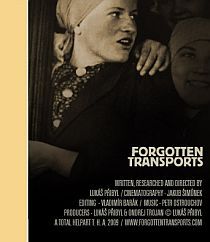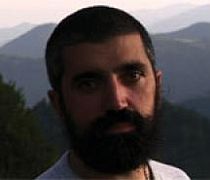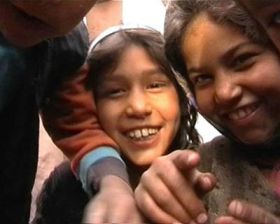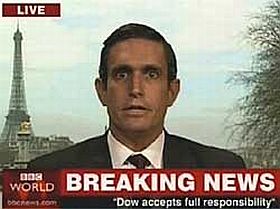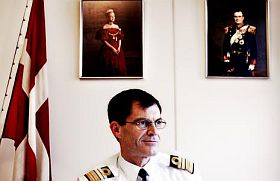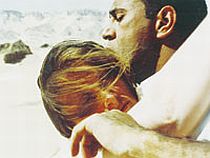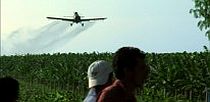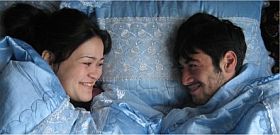


Steen Møller Rasmussen: Tjener for en bydreng
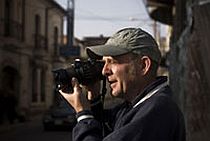
Peter Laugesen sagde engang (jeg husker det – er sikker – men jeg kan ikke finde stedet), at en bog skal indeholde det hele. Jeg har nok ikke forstået, hvad han mente, men jeg har hele tiden siden vidst det. AT det er sådan. Al ting er i bogen. Hele tanken, alle digtene, samtlige billeder. Den samlede eksistens og virkelighed.
Sådan er det også, hvis der tilsyneladende er et emne, et tema. En afgrænsning, en ramme. Eller udtrykkeligt en titel på bogen (som Retro, som Den hellige Hieronymus’ damekreds, som Tjener for en bydreng). Temaet eller titlen er indgangen. Indeni er det hele. Hver gang. I alle bøger – af den slags.
Sådan er det også med film af den slags. Steen Møller Rasmussens film er alle den slags, i hvert fald dem, han selv har bestemt over. (Han har ofte været, er ofte, bydreng, præcis og loyal). Samlingen i denne dvd-udgivelse (lagt ind i en bog) er helt hans egen og i den grad den slags. Og alle delene er egensindige, ubestikkelige, hensynsløse. Samlingen har ligget længe på mit bord, næsten anklagende i tillokkelsen. Jeg har tøvet, for det er stort. Filmene og bogen er det hele. Jeg kunne ikke ønske mig mere. jeg kunne ikke ønske det anderledes. Jeg forstår det ikke, men det er sådan..
Steen Møller Rasmussen: Tjener for en bydreng – Richard Winther og mig, 2009, dvd med tre film, Richard Winther – en undersøgelse, 1999, 21 min., Wie, 2005, 16 min. og Richard Winthers hus, 2008, 78 min. + bog, 160 sider med biografisk essay af fotografier og tekster. Forlaget Plagiat, 2009 www.kunsteen.dk
